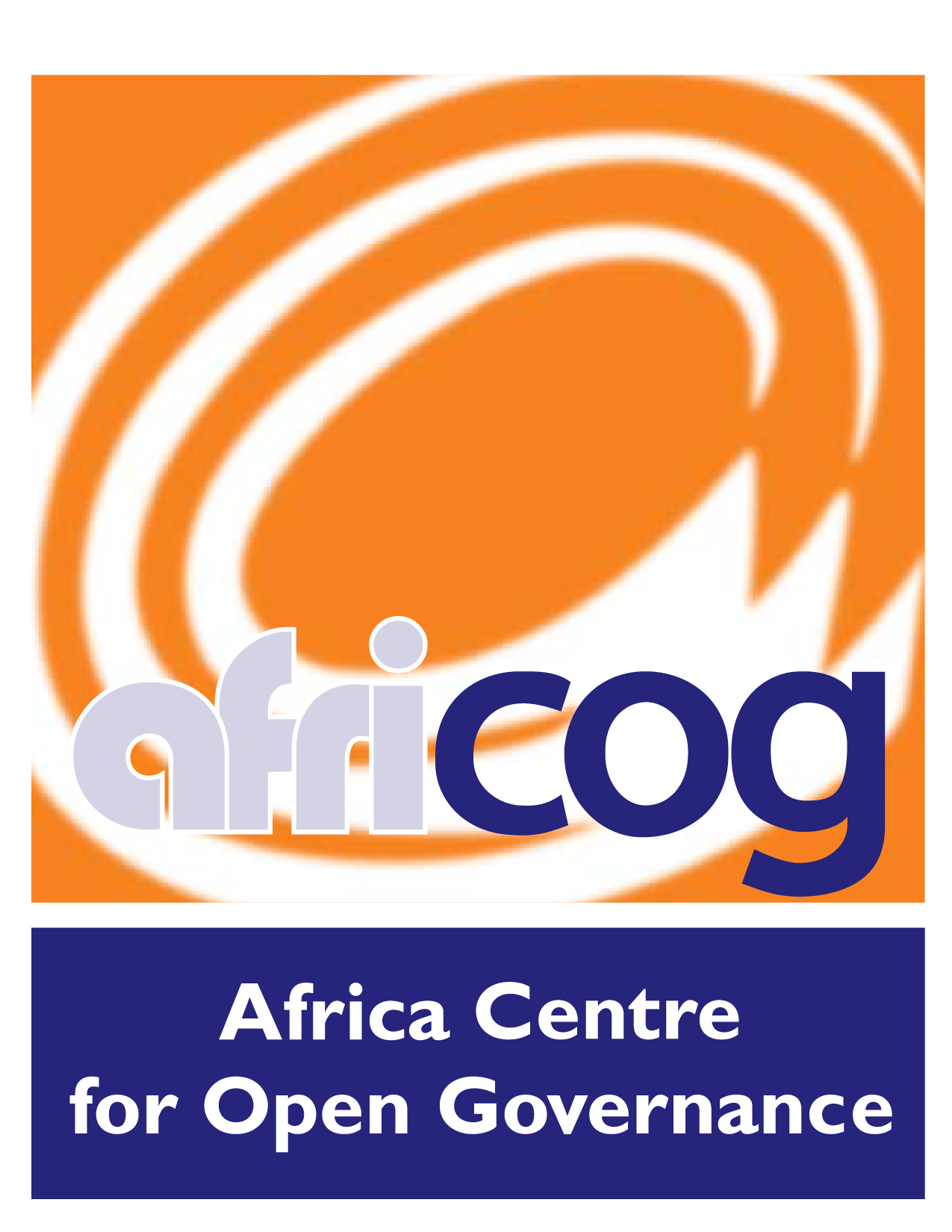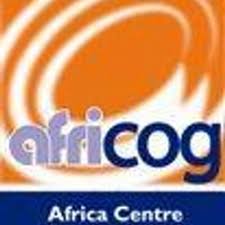Location
AfriCOG is headed by an Executive Director accountable to a five-member Board of Directors. The secretariat consists of staff organised functionally across two main function areas. The first area is programmes. This branch consists of staff dedicated to developing, implementing and monitoring AfriCOG’s programmeactivities built around the core functions of: Research; Advocacy and Partnerships; and Dissemination and Linkages[1].
The second branch consists of staff dedicated to institutional management and is built around Administration, Finance and Information Communication Technology (ICT)[2]. However, these two teams work in synergy and interface to implement AfriCOG’s mission efficiently and effectively.
The Board of Directors is responsible for governance and providing strategic direction to AfriCOG. The Management is responsible for running the secretariat and is accountable to the Board through the Executive Director. This relationship is captured by the bold line linking the Board and the Management.
In terms of programme management, the Research, Advocacy and Partnerships, Dissemination and Linkages and ICT teams report to the Research Manager, while the Finance and Administration Team report to the Finance and Administration Manager both of who report to the Executive Director. All teams are jointly responsible to the management for the delivery of AfriCOG’s programmes. The thin lines linking various functions indicate a unitary relationship of all teams and not reporting lines.
Members:
Resources
Displaying 1 - 1 of 1Mission Impossible? Implementing the Ndung’u Report
In the aftermath of the post-election crisis, the issue of land has gained increased urgency. Land reforms represent a central part of Kenya’s reform agenda and indeed, the national reconciliation agenda as negotiated by President Kibaki and Prime Minister Raila Odinga under the aegis of Kofi Annan in early 2008.


